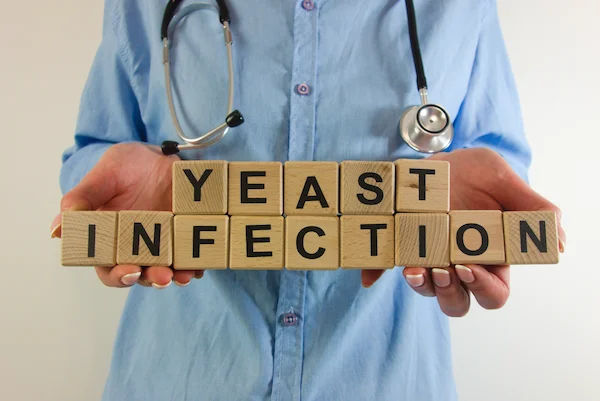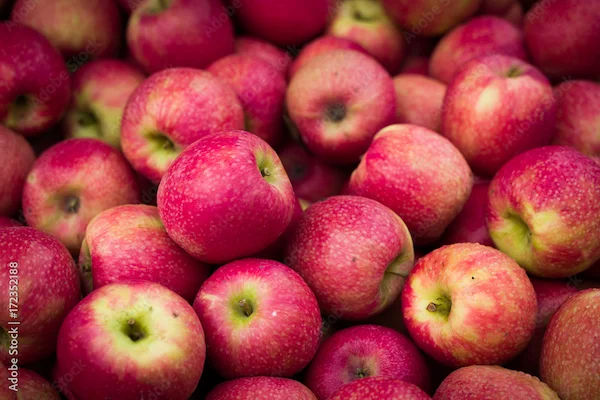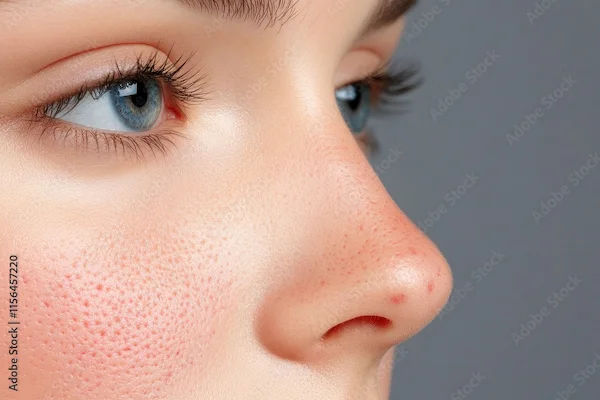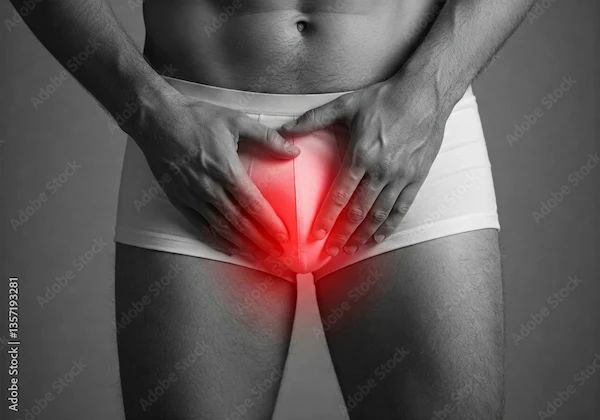Cholera Overview: Symptoms, Treatment, and Prevention
Understand cholera, a serious waterborne disease, including its symptoms, causes, and how it spreads. Learn about effective treatment options and key prevention strategies to reduce risk.

Written by Dr. Shaik Abdul Kalam
Reviewed by Dr. Mohammed Kamran MBBS, FIDM
Last updated on 25th Aug, 2025

Introduction
Cholera is a serious but preventable bacterial infection that affects the intestines, leading to severe diarrhoea and dehydration. While it is rare in areas with good sanitation and clean water, outbreaks can still occur, especially in places with poor hygiene conditions. Understanding cholera—its symptoms, causes, treatment, and prevention—can help you stay safe and take quick action if needed.
What Is Cholera?
Cholera is caused by the bacterium Vibrio cholerae, which spreads through contaminated food and water. When someone ingests this bacteria, it releases a toxin that causes the intestines to release large amounts of water, leading to rapid fluid loss. If not treated quickly, cholera can be life-threatening due to severe dehydration.
Symptoms of Cholera
Cholera symptoms can appear suddenly, usually within a few hours to five days after infection. The most common signs include:
Severe watery diarrhoea (often described as "rice-water stools")
Vomiting
Leg cramps (due to loss of salts and fluids)
Rapid dehydration (dry mouth, extreme thirst, sunken eyes, low blood pressure)
Weakness and fatigue
In mild cases, symptoms may be similar to common stomach infections. However, severe cholera can lead to shock and even death within hours if left untreated.
Consult Top Specialists for Personalised Tips
Causes and Risk Factors
Cholera spreads through:
Contaminated water (drinking or using unclean water for cooking/washing)
Raw or undercooked seafood (especially shellfish from polluted waters)
Poor sanitation (lack of proper sewage disposal)
Unwashed fruits and vegetables (grown with contaminated water)
People living in or travelling to areas with poor sanitation, overcrowding, or natural disasters (like floods) are at higher risk.
How Cholera Affects Health?
The biggest danger of cholera is dehydration. When the body loses too much water and electrolytes (like sodium and potassium), it can lead to:
Low blood pressure (causing dizziness or fainting)
Kidney failure (due to lack of fluids)
Muscle cramps and weakness
Shock and coma (in extreme cases)
Without treatment, severe dehydration can be fatal, especially in children and the elderly.
Treatment for Cholera
The good news is that cholera is treatable if caught early. The main goals of treatment are:
1. Rehydration: Replacing lost fluids and salts is the most important step.
Oral Rehydration Solution (ORS): A simple mix of clean water, sugar, and salts that helps restore hydration.
IV Fluids: In severe cases, intravenous fluids may be needed in a hospital.
2. Antibiotics: These can shorten the illness and reduce fluid loss but are not always necessary.
3. Zinc Supplements: For children, zinc can help reduce diarrhoea duration.
Most people recover fully with proper treatment within a week.
Preventing Cholera
Prevention is the best way to avoid cholera. Here are some key steps:
1. Drink Safe Water
Use boiled, filtered, or bottled water for drinking and cooking.
Avoid ice made from untreated water.
2. Practice Good Hygiene
Wash hands frequently with soap and clean water (especially before eating and after using the toilet).
Use sanitiser if soap and water aren’t available.
3. Eat Safe Food
Cook food thoroughly, especially seafood.
Avoid raw fruits/vegetables unless you peel them yourself.
Eat hot, freshly cooked meals instead of street food in high-risk areas.
4. Get Vaccinated (If Needed)
Oral cholera vaccines are available for travellers to high-risk areas.
5. Improve Sanitation
Use proper toilets and avoid open defecation.
Dispose of waste safely to prevent contamination.
When to See a Doctor?
Seek immediate medical help if you or someone you know has:
Severe, watery diarrhoea with signs of dehydration (dry mouth, dizziness, no urine for hours).
Vomiting that prevents drinking fluids.
Rapid heartbeat or sunken eyes (especially in children).
If you suspect cholera, do not delay treatment—early rehydration saves lives.
Conclusion
Cholera is a dangerous but preventable disease. By following good hygiene, drinking clean water, and seeking prompt treatment, you can protect yourself and your family. If you’re traveling to an area with cholera risk, take extra precautions and consider vaccination.
If you have concerns about cholera or need medical advice, you can consult a doctor through Apollo 24|7.
Consult Top Specialists for Personalised Tips

Dr. Sandhya Chandel
General Physician/ Internal Medicine Specialist
16 Years • MBBS, MD (Int. Med.), IDCCM
Bilaspur
Apollo Hospitals Seepat Road, Bilaspur
(100+ Patients)
Dr. Paras Gangwal
General Physician/ Internal Medicine Specialist
28 Years • MBBS,MD General Medicine
Delhi
Dr Paras Gangwal Clinic, Delhi

Dr Syed Mizra M
General Physician/ Internal Medicine Specialist
2 Years • MBBS
Bengaluru
PRESTIGE SHANTHINIKETAN - SOCIETY CLINIC, Bengaluru
Dr. Abhishek Gowda
General Physician/ Internal Medicine Specialist
2 Years • MBBS
Bengaluru
PRESTIGE SHANTHINIKETAN - SOCIETY CLINIC, Bengaluru

Dr. Swathi Reddy Perugu
General Physician/ Internal Medicine Specialist
7 Years • MBBS, MD (General Medicine)
Hyderabad
Health plus, Hyderabad




